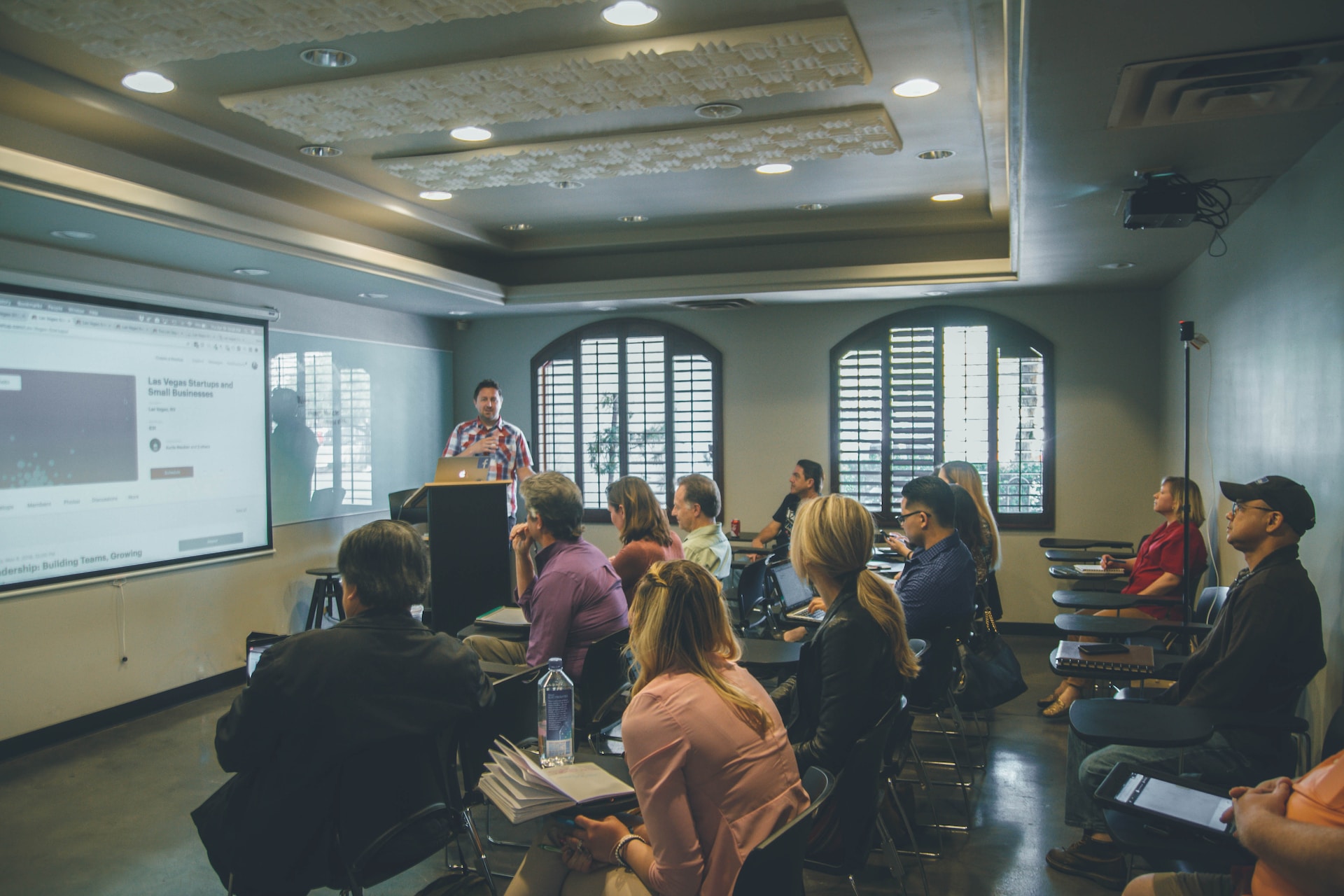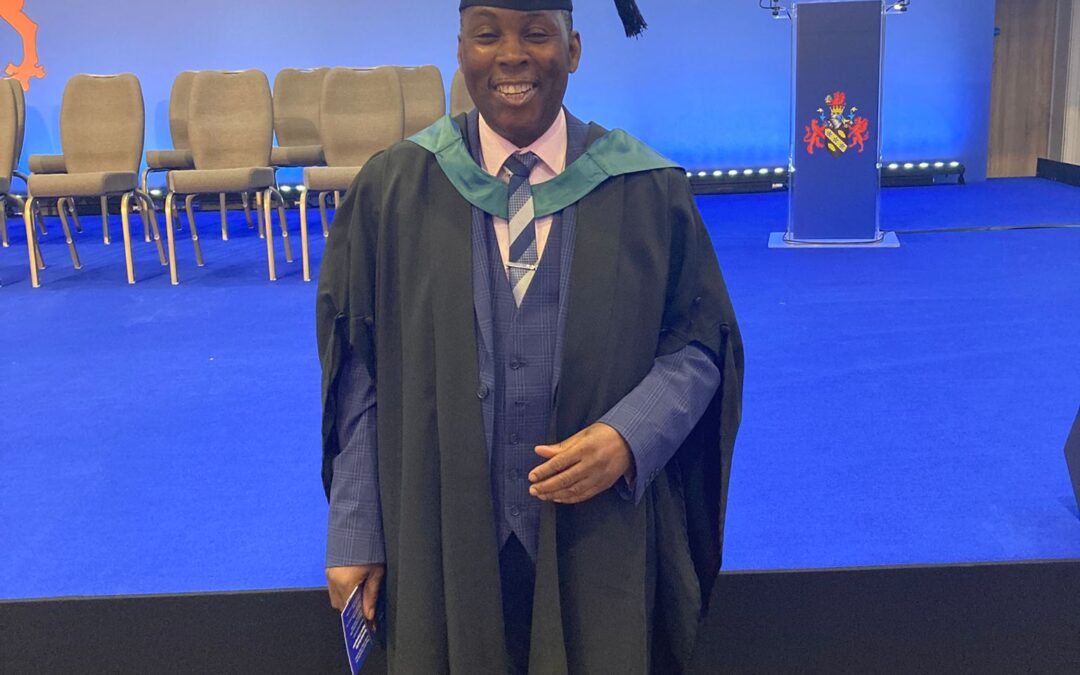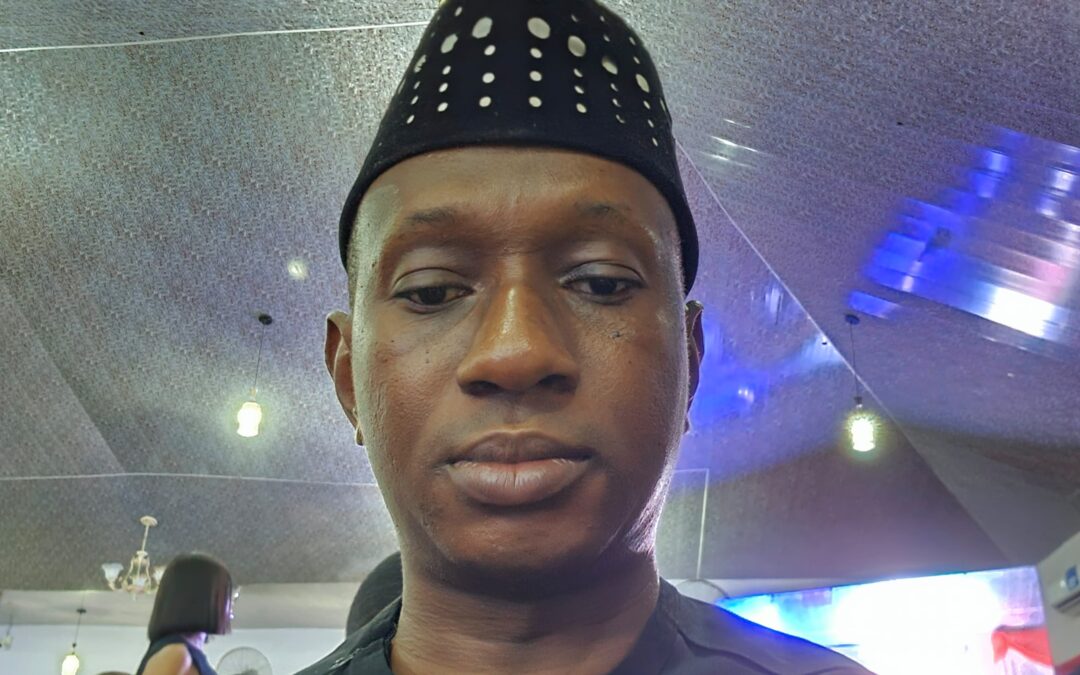The digital revolution is transforming every aspect of our lives, and education is no exception. Technology is being used to revolutionize the way we learn, from the way we access information to the way we interact with our teachers and classmates.
There are many ways that technology can be used to empower education. Here are a few examples:
Personalized learning
Technology can be used to create personalized learning experiences for each student. This means that students can learn at their own pace and focus on the topics that they are most interested in. For example, Khan Academy is a free online resource that offers personalized learning in a variety of subjects.
Collaborative learning
Technology can also be used to facilitate collaborative learning. This means that students can work together on projects and assignments, regardless of their location. For example, Google Classroom is a free online platform that allows teachers to create and assign assignments, grade work, and communicate with students.
Virtual reality
Virtual reality (VR) is a technology that can transport users to immersive simulated environments. VR can be used to create engaging and interactive learning experiences. For example, Google Expeditions is a VR platform that allows students to explore different parts of the world from the comfort of their classroom.
Augmented reality
Augmented reality (AR) is a technology that superimposes a computer-generated image on a user’s view of the real world. AR can be used to provide students with additional information about the objects they are seeing. For example, the app “The Magic School Bus AR” allows students to see 3D models of the animals and plants they are learning about.
These are just a few examples of how technology can be used to empower education. As technology continues to evolve, we can expect to see even more innovative ways to use it to improve the learning experience.
Here are some additional real-world examples of how technology is being used to empower education:
- In Kenya, a program called “M-Learning” is using mobile phones to deliver educational content to rural areas. This program has helped to increase enrollment rates and improve student learning outcomes.
- In India, a program called “SWAYAM” is using online courses to provide free education to millions of students. This program has helped to make higher education more accessible to people from all backgrounds.
- In the United States, a program called “Khan Academy” is using online videos to teach a variety of subjects. This program has helped to millions of students learn at their own pace and focus on the topics that they are most interested in.
These are just a few examples of how technology is being used to empower education around the world. As technology continues to evolve, we can expect to see even more innovative ways to use it to improve the learning experience for all students.










0 Comments